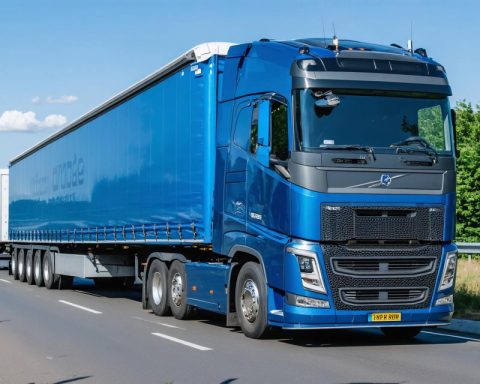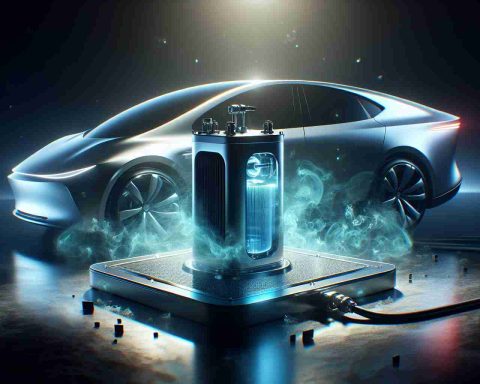Browse TagHydrogen Fuel Cells
Hydrogen fuel cells are devices that convert chemical energy from hydrogen into electrical energy through a chemical reaction with oxygen, typically from the air. They operate by allowing hydrogen atoms to react with oxygen ions—producing electricity, water, and heat as byproducts. The fundamental component of a hydrogen fuel cell is the electrolyte membrane, which facilitates the flow of protons while blocking electrons. As hydrogen is fed into the anode side and oxygen into the cathode side, the reaction generates a continuous flow of electricity as long as fuel (hydrogen) is supplied. Hydrogen fuel cells are known for their high efficiency and low emissions, making them a promising technology for sustainable energy solutions, particularly in transportation, stationary power generation, and portable applications. They offer an alternative to fossil fuels, aiming to mitigate the impacts of climate change by reducing greenhouse gas emissions. Hydrogen fuel cells can be used in a variety of applications including cars, buses, and stationary power systems, and are integral to the development of a hydrogen economy.












